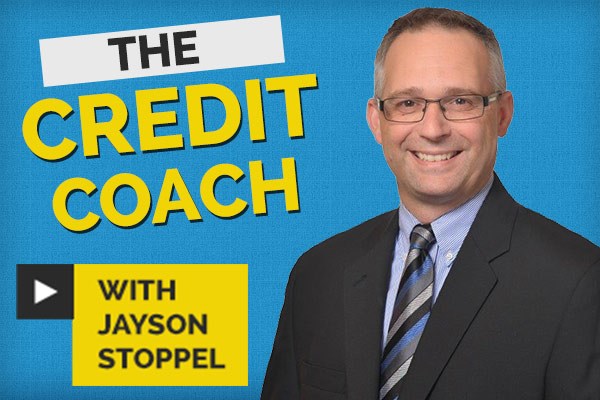It is now that time of the year when we file our personal income tax returns. For those of us that will be receiving a tax refund, the question is, what should we do with the refund?
It’s tempting to think of a tax refund as the government’s money or “found” money. People can sometimes try to fool themselves into thinking that this money is “extra” money. It’s not part of the month-to-month budget, so it can be spent on a new purchase or a trip regardless of the household financial situation. In fact, a tax refund is usually excess monthly income from employment that has been withheld by your employer. Instead of “extra” money, it should be thought of as a tool to be used within the context of managing your overall household budget.
Using your tax refund to pay down debt makes sense
Your tax refund can be used to pay any type of debt, whether secured or unsecured. If you have credit card debt, a wise choice may be to use your tax refund to make a lump sum payment on your outstanding balance. You could also pay down a high-interest auto loan, provided that your loan agreement allows you to make prepayments with no penalty. Or the refund can be used to make a lump sum payment on your mortgage. Most mortgages provide for a one-time lump sum repayment with no penalty once per year. When you do this, the principal owing on the loan is reduced immediately, and interest charges over the course of the loan are reduced — which creates a cascading savings effect over the length of the mortgage loan repayment.
If you are contemplating consolidating your debts — or if you have already consolidated — using your tax refund to pay down debt makes sense. People who are in a managed debt repayment program, like a debt management program with a not-for-profit credit counsellor or a consumer proposal administered by a Licensed Insolvency Trustee, can use their tax refund to pay off their debt settlement program quicker, and usually with no penalty. This has the benefit of shortening the term of the debt repayment program, which often allows for a quicker improvement of your credit rating.
What if you’re not in a managed program and you’re dealing with collection agencies on a credit card debt? In this case, you may wish to negotiate a “lump sum” settlement with your creditors. Your tax refund can be used to negotiate a deal with your creditors whereby they accept a percentage of the amount owing to them in cash to consider their debt to be paid off in full.
Investing your tax refund provides immediate benefits
If you are on top of your debt repayment and are looking for an option or purpose for the tax refund, consider purchasing RRSPs. RRSPs that are purchased immediately after you receive your income will start accruing interest income right away. As well, the RRSP contribution can help possibly generate an income tax refund in the following year. If you have children, the tax refund may be a great opportunity to kick start or boost an RESP. This option for your refund not only saves for the future but allows you to access the matching portion of government education savings grants, which increases the value of your tax refund almost immediately.
Some wise planning today in paying down debt with a tax refund may very well serve to lessen the burden of debt months and years down the road.
Jayson Stoppel is a Licensed Insolvency Trustee and Chartered Accountant with BDO First Call Debt Solutions. With over 15 years in practice, Jayson assists individuals, families and companies with financial difficulties in Thunder Bay and throughout Northwest Ontario. To reach Jayson by email: [email protected]

